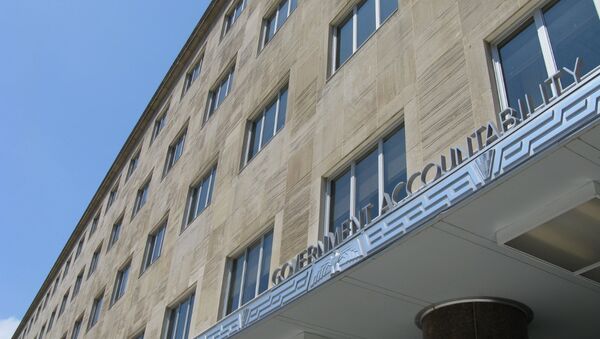WASHINGTON (Sputnik) — In June 2010, the GAO reported there was neither a comprehensive national strategy nor a designated focal point with the authority and resources to develop a national bio-surveillance strategy (NBS).
“In June 2015, officials stated that APHIS [Animal and Plant Health Inspection Service of the US Department of Agriculture] has begun to develop some measures, but noted that resource constraints limit their ability to assess their new approach to disease surveillance,” the report, released on Wednesday, said.
The GAO noted it had recommended that APHIS should fully integrate its new measures into an overall strategy aligned with broader US homeland security efforts.
This closer cooperation with the Department of Homeland Security (DHS) would “better position APHIS to support national efforts to address threats to animal and human health,” the report said.
In July 2012, the White House issued its “National Strategy for Bio-surveillance” as a blueprint for strengthening monitoring of plants and livestock across the United States, the GAO observed.
However, the administration of President Barack Obama did not follow up to ensure that the new strategy was implemented, the report continued.
The administration “did not establish a framework to prioritize resource investments or address the need to leverage nonfederal resources,” it said.
The White House was to issue an implementation plan within 120 days of publishing the strategy.
“[H]owever, the plan has not been released as of June 2015,” the GAO concluded.
The Government Accountability Office is an independent, nonpartisan agency that works for the US Congress and investigates how the federal government spends taxpayer dollars.



